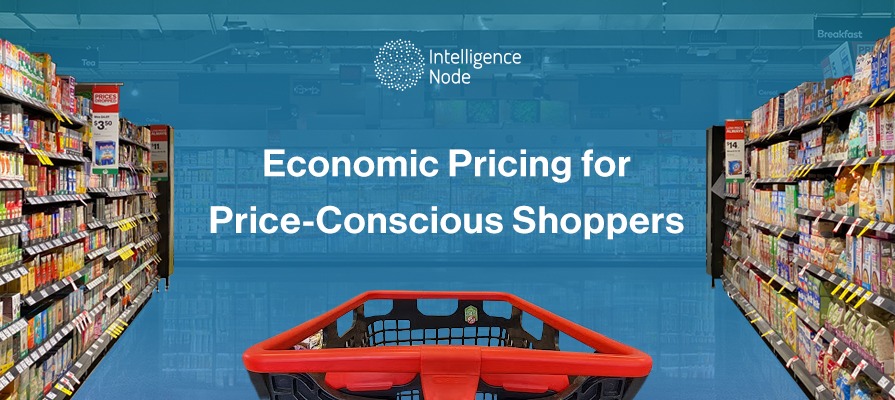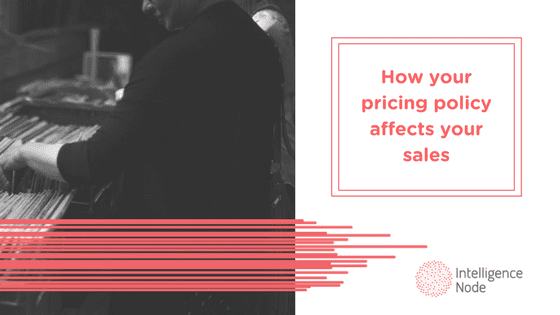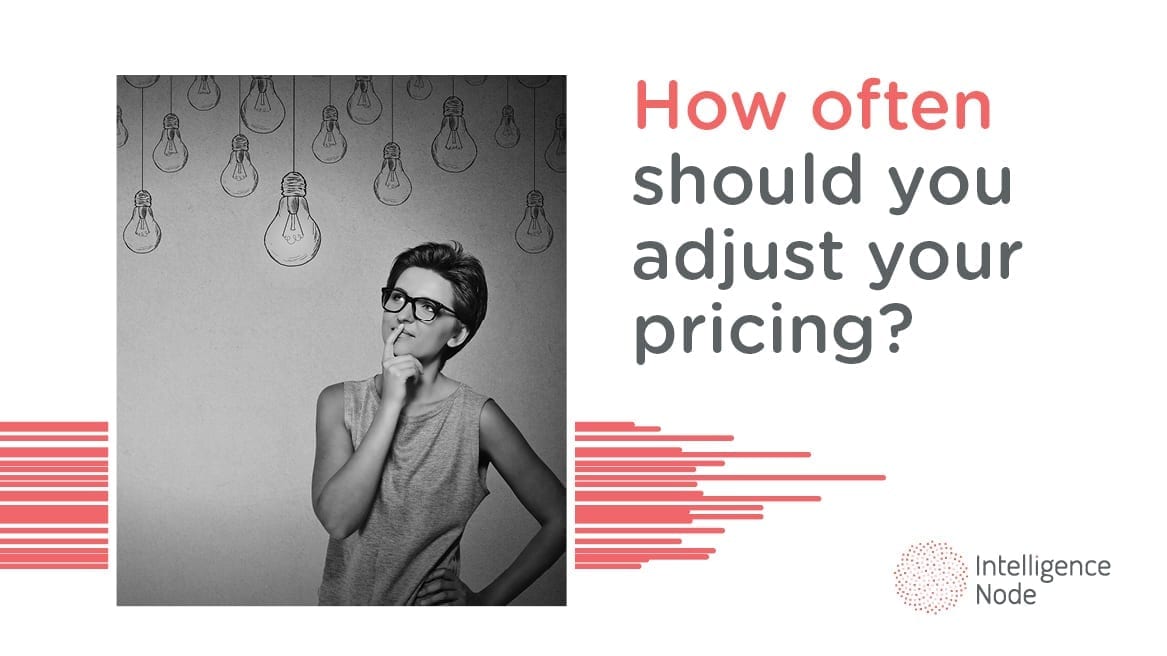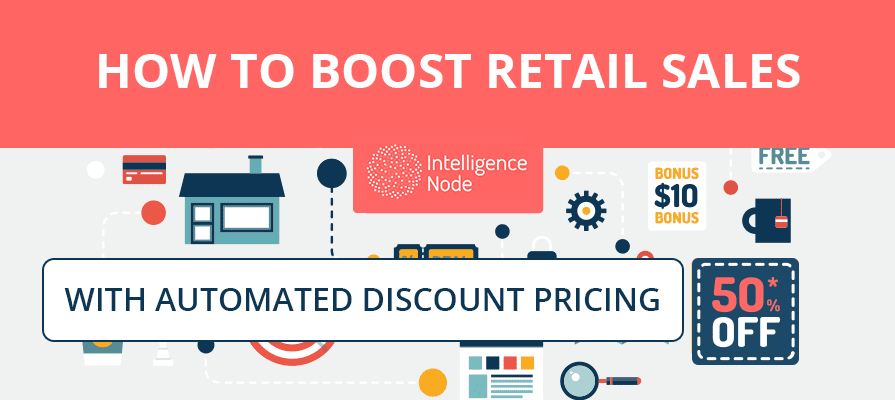In light of the recession and post-pandemic retail, households across the world have slashed their budgets for the months ahead. Businesses, in turn, have switched focus to cater to a rapidly growing base of price-conscious shoppers. No industry is immune to the threat of competition, as today, comparing and researching products is easier than ever before. Even new, young brands are quick to take the limelight from even the behemoths of retail. This is because in 2023, effective, consumer-centric pricing strategies are key, and as mass production has taken its place as the norm in large-scale retail, many retailers have begun to leverage their advantage of lower production costs to offer economically priced products to shoppers. The article below explores the ins and outs of economic pricing strategies, and how to leverage them for your brand.
What is Economic Pricing? How Does it Work?
Economic pricing is a pricing strategy based on mass production or economies of scale. Under this strategy, goods are priced low and with paper-thin margins. The success of this pricing strategy depends on large volumes of sales, wherein smaller margins compound to significant profits. This strategy is made possible basis lower production costs, owing to minimal overheads such as marketing and advertising spends. They aim to capture the most price-sensitive users who respond best to discounted and promotion-based offers. Thus, this pricing strategy is most commonly associated with generic products, whose value is not diminished by its no-frills price tags and positioning.
Continue Reading : How Consumers are Responding to Inflation in 2023
Examples of Successful Economic Pricing Strategies at Work:
This pricing strategy is most frequently utilized by major retailers who produce or source goods at massive scales. These businesses include supermarkets (in-house brands), generic pharmaceutical products, big-box stores, and even budget airlines. Such suppliers and stores reach a mass audience and can thus rely on high-volume sales to maximize profits.
In-house Brands: With price sensitivity on the rise amid the 2023 recession, in-house budget brands are an increasingly attractive option. Especially in comparison to name-brand items and expensive alternatives, a large number of shoppers are likely to opt for such products for the appealing price tag. This can be particularly popular as many generic, basic commodity products see little brand loyalty in comparison to other segments. Costco is famous largely for its selection of in-house products. These items dominate shelf space and skip most marketing budgets, making them an attractive option against more expensive branded items.
Generic Pharmaceutical Products: With the exorbitant cost of medical supplies in the USA, generic alternatives have become highly popular. Duplicate offerings identical in composition and manufacture to regular medication are a reliable, comparatively cost-friendly option for many American households.
Big-box Supermarkets: Massive retailers such as Walmart have found success and recognition for carrying the best deals and lowest priced items of any supermarket. This is because they have committed to pricing their products at slashed rates. Such stores minimize their margins but cash in on massive volumes of sales wherein they earn the majority of their profits.
Online Third-party Marketplaces: Popular online retailers such as Amazon, Alibaba, Lazada, and more are famous for their extremely affordable prices. These marketplaces showcase low-cost private label products of their own, and maintain discounts and offers year-round. While these offerings have often been accused of being lower in quality, they remain a popular option for many deal hunters for generic goods or brand duplicates- not to be confused with fraudulent sellers or counterfeit items.
What are The Advantages of Economic Pricing?
In many cases, especially from the perspective of the modern-day price-conscious shopper, economic pricing for generic commodities can be very popular. For in-house brands, little to no marketing budget is required. This enables major stores to place these items alongside major name brands for no additional cost, attracting deal hunters. The cost of customer acquisition drops for these items and brands, while maintaining steady visibility and sales. Further, this pricing strategy is easy to implement especially with production, supplier relationships, and distribution networks already in place.
What are the Disadvantages of Economic Pricing?
A major disadvantage of economic pricing is that it relies heavily on a large and steady number of customers. These products also run the risk of being perceived as lower quality in the eyes of consumers, especially compared to major brand-name competitors. A great example of this is P&G’s diaper brand “Pampers”. The cost for an 84-pack of Pampers diapers costs $26.99, whereas Target’s brand “Up & Up” costs $14.99 for 124 diapers. Despite the obvious price difference for what is largely an identical product, many households may be driven by brand loyalty and peer recommendations to purchase the branded alternative diapers, for familiarity and perceived value of the product.
Choosing the Right Pricing Strategy for Your Brand
When it comes to the perfect pricing strategy, there is no one clear answer to determine the very best. Choosing a pricing strategy entails an analysis of customer data, purchase history, product lineups, industry, and even the season. To help you make an informed decision, and to explore price optimization solutions for your brand, book a demo with Intelligence Node today!
Pricing strategies can vary depending on the industry, target market, and product/service offerings. It’s important to adapt these tips to your specific context and conduct further research to optimize your pricing decisions. We have created an ebook “20 Secrets to Designing the Best Pricing Strategy” to upgrade your pricing strategy to the next level.





